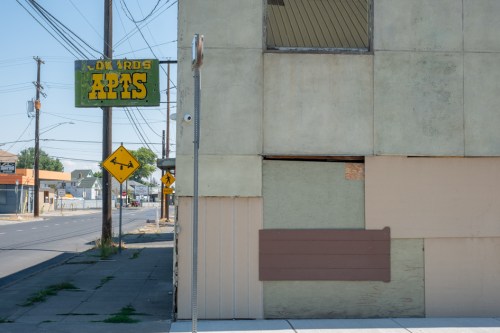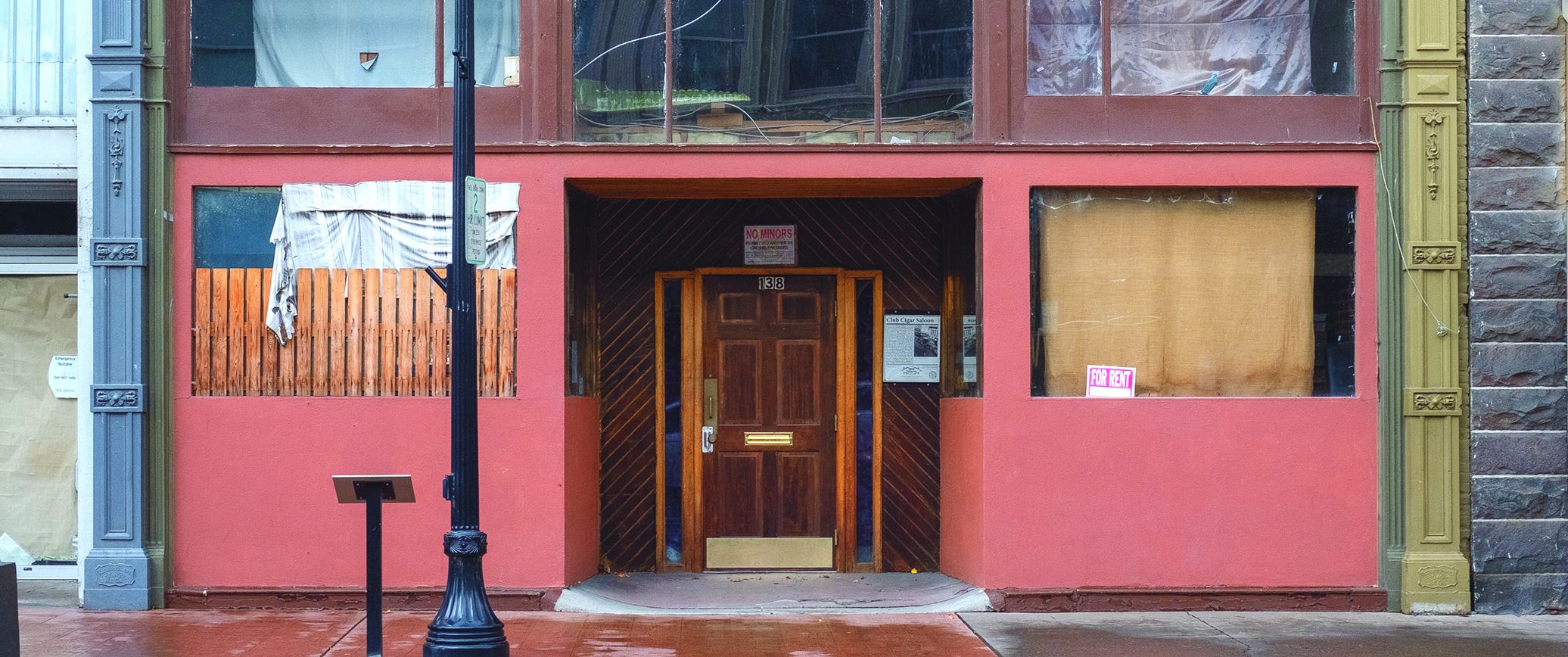Pendleton City Council approves $1.89M grant to add 40 housing units
Published 5:00 pm Wednesday, July 23, 2025

- The Pendleton City Council on July 15, 2025, approved a $1.89 million grant to convert unused buildings into residential housing. One building under discussion for potential restrictions is the dilapidated Edwards Apartments at 602 SE Dorian Ave. (Yasser Marte/East Oregonian)
PENDLETON — The Pendleton City Council approved a $1.89 million grant aimed to convert unused buildings into residential housing and provide 40 affordable units for low-income families.
Councilors approved the intergovernmental funding agreement July 15, during their regular meeting at Pendleton City Hall.
The Oregon Department of Environmental Quality awarded the grant, which is part of the federal Climate Pollution Reduction Grant program. The funding aims to reduce greenhouse gas emissions by repurposing existing structures and increasing access to affordable housing.
Trending
Pendleton will receive $1.8 million to help build 40 new housing units, most likely multi-family, with up to $45,000 available per unit. The DEQ also allocated an additional $90,000 to cover the city’s administrative costs for managing the program.
Pendleton Urban Renewal Associate Director Charles Denight said the grant was part of the federal Infrastructure Investment and Jobs Act, passed during the Biden administration. Oregon received $197 million through the Climate Equity, Resilience Through Action program, which supports projects that reduce the greenhouse gases.
“About $25 million of that is set aside for building-related projects the Environmental Protection Agency believes will lower emissions,” Denight said. “They’re targeting two areas: Construction methods that produce fewer greenhouse gases and building materials that emit less carbon during manufacturing.”
He said materials such as concrete and steel — particularly rebar used in concrete construction — are among the biggest contributors to emissions. Using alternative, more sustainable materials is one way the program aims to reduce environmental impact.
In February 2024, the Oregon Department of Environmental Quality asked Pendleton if it wanted to participate. The city now is receiving a share of the funds, along with Ontario, Reedsport, Medford and Portland.
Initially, the grant faced delays due to a White House pause on federal grants, loans, and aid announced in January. The freeze temporarily impacted a Pendleton Urban Renewal project awaiting approval, but the decision was reversed on Jan. 29.
Trending
Denight said the Trump administration appears to be cutting large-scale initiatives, such as wind and solar farms, that don’t significantly affects its core supporters. However, he noted, eliminating a local development program aimed at boosting small towns would directly affect that constituency.
“Think of small towns like Pendleton across the country that were counting on this funding,” Denight said. “If the new administration pulls the plug now, after nearly a year of planning, there are going to be a lot of unhappy people — and many of them will be the administration’s own constituents.”
A recent downtown inventory identified 98 potential housing units across 14 buildings, including three properties that could accommodate 42 units alone—enough to meet the target, according to the city staff report.
Denight said he’s eager to get the project underway, as it could add housing units — most likely downtown. One building outside the Main Street area, the dilapidated Edwards Apartments building at 602 SE Dorian Ave., also is under consideration. Officials are in talks with building owner Jamie Stone to rebuild and revitalize the structure using the grant.
“That’s been a key focus of my program — to increase housing downtown,” he said. “The program was reaffirmed in the recently passed budget bill. It’s now officially confirmed, and we’re feeling much more hopeful.”
The city must recruit developers by Oct. 1, 2026. All construction must be completed by March 30, 2029. After a project receives its occupancy permit, the city must monitor its affordability for five years.










